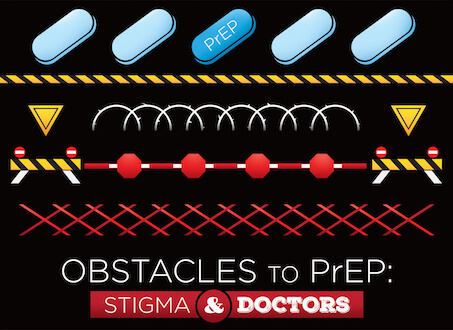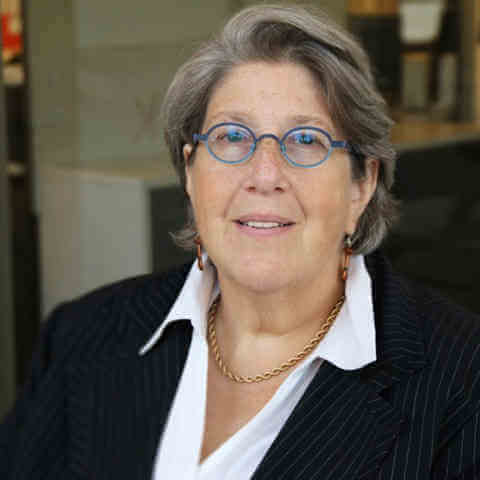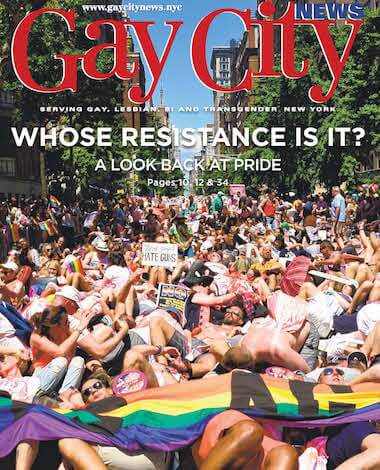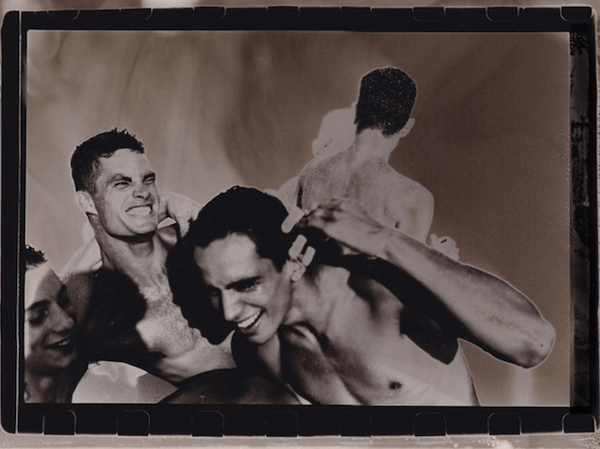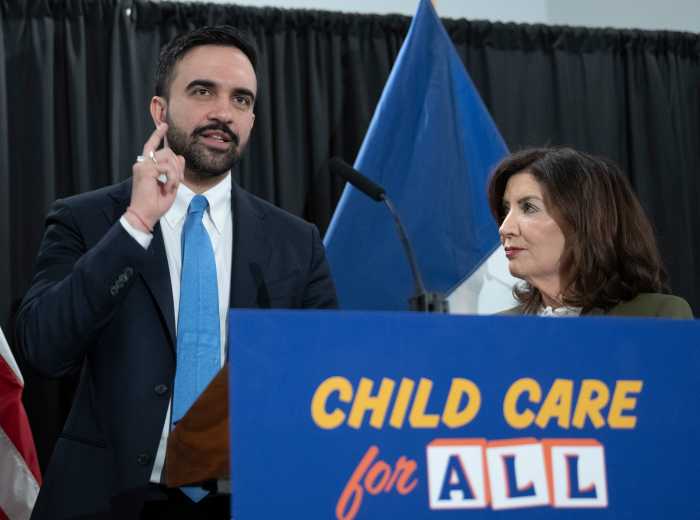Various forms of stigma and a lack of education about pre-exposure prophylaxis (PrEP) may be keeping people at risk for acquiring HIV from using the HIV prevention drug regimen, panelists at a November 19 town hall said.
Tiffany M., a transgender woman and one of the five panelists, described an encounter she had with a male sex partner. She disclosed that she was on PrEP after they had sex and the man immediately assumed that she was HIV-positive. With the man threatening violence, she had to have a lengthy conversation with him to prove that PrEP is an HIV prevention tool and not treatment for the virus.
“It just turned into a whole big thing,” she said at the event, which was held at the Lesbian, Gay, Bisexual & Transgender Community Center. “People should know more about the medication.”
PrEP uses anti-HIV drugs in HIV-negative people to keep them uninfected. PrEP, post-exposure prophylaxis (PEP), and treatment as prevention (TasP) are central components of the Plan to End AIDS, an effort that aims to reduce new HIV infections in New York from the current roughly 3,000 a year to 750 annually by 2020. All three drug regimens are highly effective when used correctly.
The plan, which launched in 2014 and has the support of Governor Andrew Cuomo and Mayor Bill de Blasio, faces a number of hurdles. Among these is the concern that Tiffany encountered — if people take PrEP, they will be perceived as HIV-positive. Another is history.
“When we hear about a new medication, automatically we think about the Tuskegee study,” said Victor Hogue, a care technician at the Chelsea-Clinton health center operated by the William F. Ryan Community Health Centers, which sponsored the town hall.
The Tuskegee study, which began in 1932, followed some 399 African-American men who had syphilis and another 200 who did not have the bug until 1972 without treating the men who had the infection. The US Public Health Service was following the natural history of the disease. Tuskegee’s legacy has been to create a profound distrust of the medical establishment on the part of some African Americans.
In the case of Truvada, the only drug currently approved for PrEP, the regimen is seen as a “white man’s drug,” Hogue said.
The suspicion that PrEP’s real purpose is to harm gay men, and African-American gay men in particular, is something that Kashif Amin, a panelist and PrEP user, has had to confront with his sex partners.
“I’ve had to teach so many people about PrEP on Grindr,” he said. “It’s not a massive cover up to kill the gays.”
For transgender people, who endure pronounced discrimination, education about PrEP is a key starting point.
“In general, trans people need to be prepped for PrEP,” said Carrie Davis, the Center’s chief programs and policy officer, but PrEP is just one of the things that they need.
“They will need things like housing, they will need jobs,” Davis told the crowd of roughly 70 people who turned out for the town hall. When they seek PrEP, transgender people may be confronted with medical providers who do not wish to treat them or who may disapprove of their having sex.
“We’ve all heard stories of trans people being discouraged,” Davis said. “We hear it more often than we expect. There’s a lot of provider ambivalence around sex.”
Education about the need for PrEP, which is seeing modest increases in uptake, are key for all at-risk groups, including men who have sex with men and drug injectors. The first thing those populations may have to understand is that they are at risk for acquiring HIV and would benefit from using PrEP.
“I would say that people don’t think they have the risk,” Hogue said. Dr. Demetre Daskalakis, the assistant commissioner in the city’s health department who oversees HIV programs, agreed.
Prior to joining the health department, Daskalakis provided HIV testing and sexually transmitted disease screening in some of the city’s bathhouses and sex clubs. When he recruited men in those venues to participate in a PrEP study, a large number of men who had sufficient unprotected sex to qualify for the study did not think they were candidates for PrEP.
“Seventy-eight percent of the people who qualified for the PrEP study didn’t think they needed PrEP,” Daskalakis said.
Providing education can bring its own challenges.
Tiffany does outreach in Jackson Heights LGBT bars and among the topics she discusses is PrEP, a topic that people may not want to confront when they are out dancing and drinking.
“Some people don’t want to hear about stuff like that because they’re there to party,” she said.

